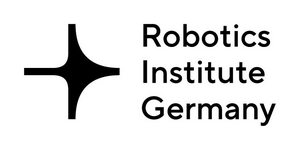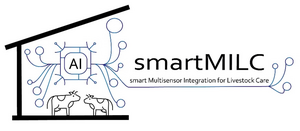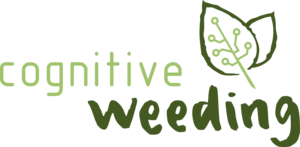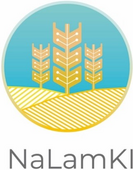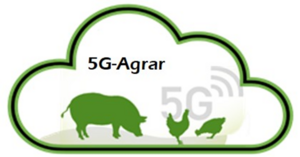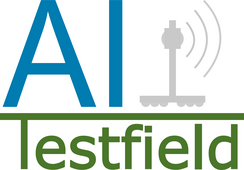
Research Departments
- Augmented Vision 1
- Cooperative and Autonomous Systems 9
- Embedded Intelligence 2
- Innovative Factory Systems 3
- Intelligent Networks 3
- Marine Perception 1
- Robotics Innovation Center 1
- Smart Data & Knowledge Services 4
- Smart Enterprise Engineering 1
- Smart Service Engineering 2
Research Topics
- Autonomous Systems 6
- Data Management & Analysis 7
- Human-Machine Interaction 2
- IT Security 2
- Image Recognition & Understanding 3
- Machine Learning & Deep Learning 8
- Other 5
- Robotics 8
- Sensors & Networks
- Virtual & Augmented Reality 1
Fields of application
- Environment & Energy 4
- Farming & Agricultural Technology
- Health & Medicine 1
- Industrie 4.0 6
- Mobility 2
- Other 1
- Smart Home & Assisted Living 2
- Trade & Logistics 2
Search narrowed by:
Displaying results 1 to 10 of 17.
Research Departments
- Augmented Vision 1
- Cooperative and Autonomous Systems 9
- Embedded Intelligence 2
- Innovative Factory Systems 3
- Intelligent Networks 3
- Marine Perception 1
- Robotics Innovation Center 1
- Smart Data & Knowledge Services 4
- Smart Enterprise Engineering 1
- Smart Service Engineering 2
Research Topics
- Autonomous Systems 6
- Data Management & Analysis 7
- Human-Machine Interaction 2
- IT Security 2
- Image Recognition & Understanding 3
- Machine Learning & Deep Learning 8
- Other 5
- Robotics 8
- Sensors & Networks
- Virtual & Augmented Reality 1
Fields of application
- Environment & Energy 4
- Farming & Agricultural Technology
- Health & Medicine 1
- Industrie 4.0 6
- Mobility 2
- Other 1
- Smart Home & Assisted Living 2
- Trade & Logistics 2
